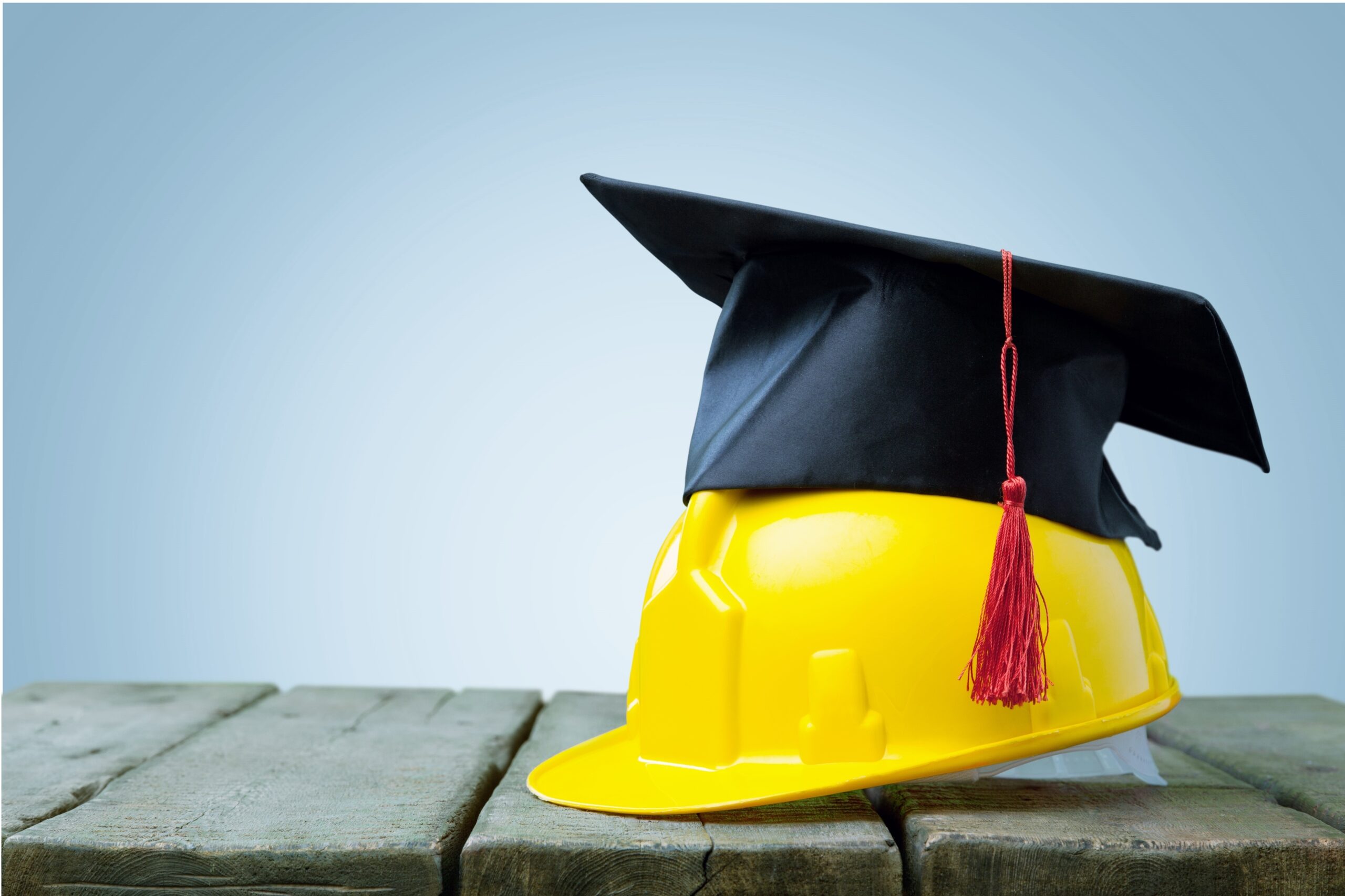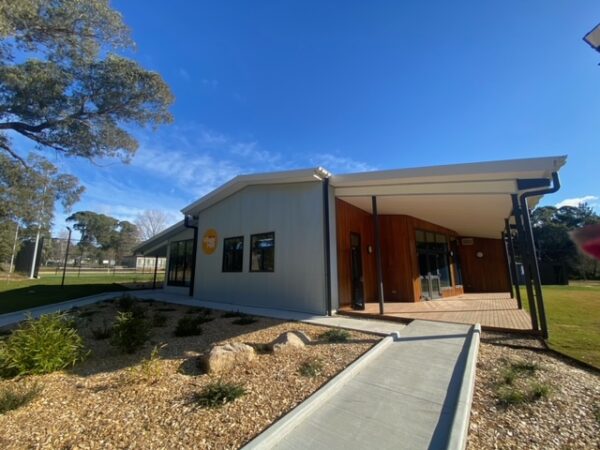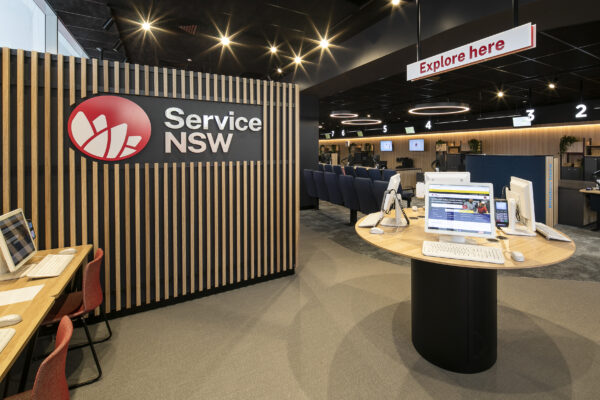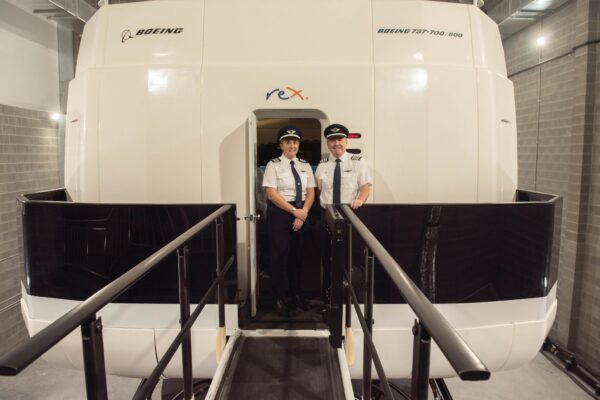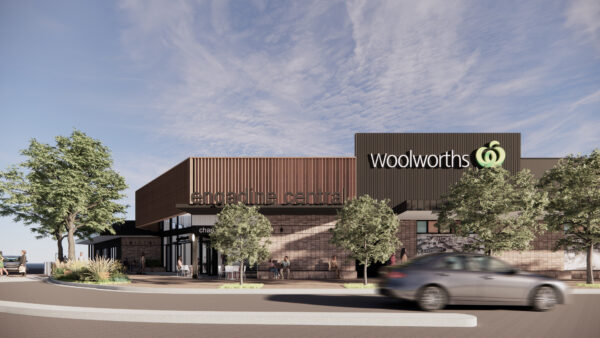Engineering is a diverse and exciting profession that involves using science, mathematics and technology to design and develop products, systems and structures that meet the needs of society. As an engineer, you can work in a range of fields, including civil, mechanical, electrical and environmental engineering. The work of engineers is critical to society as they design and develop solutions to complex problems that impact our daily lives. As an engineer, you could find yourself working on anything from cutting-edge technology and infrastructure projects to renewable energy and sustainability initiatives.
But with so many specialisations and pathways to choose from, it can be difficult to know where to start. That’s why we’ve put together this guide to help you understand the journey of graduates in our field, as making the transition from being a student to becoming a professional engineer can seem a daunting task. In this article, we will guide you through the journey of a graduate engineer in Australia, from the education, training and skills required, understanding the expectations of employers, some challenges faced by graduates in engineering, and resources and tips for engineering graduates to help build successful and satisfying careers in the industry.
Education and Skills Required in Australia
To become a graduate engineer in Australia, you will first need to complete a formal initial qualification from a recognised university, which would usually begin with a bachelor’s degree. The degree course typically takes four years to complete and covers a range of subjects, including mathematics, physics and engineering principles. This degree should meet the standards set by Engineers Australia, the professional body that represents engineers in Australia. After completing your degree, you can begin work as a graduate engineer.
In addition to completing a degree, you also need to gain practical experience through an internship or work placement. This experience will help you develop the skills that are essential for a successful career as an engineer, such as technical knowledge, problem-solving, critical thinking and communication.
You also need to be adaptable, innovative, and have a passion for learning. These skills are essential in the engineering industry, where you will be required to work on complex projects and collaborate with multidisciplinary teams.
The Transition from Graduate to Professional Engineer
The transition from being a graduate engineer to a professional engineer can be a challenging one. As a graduate engineer, you are still learning and developing your skills, while as a professional engineer, you are expected to take on more responsibility and make critical decisions. The transition requires a shift in mindset, and you need to be prepared to take on new challenges and opportunities. This could involve attending industry events, networking with other professionals, and taking on new projects. You also need to be open to feedback and willing to learn from your mistakes.
To make a successful transition, you will need to undergo supervised training and additional post-graduate examinations to achieve a professional engineering licence. But you can promote your career advancement by being proactive and seeking out opportunities for professional development and learning. Depending on your specialisation, you can take up additional certifications from a variety of institutions.
Employers in the engineering industry have high expectations of their employees, and as a graduate engineer, you need to be aware of these expectations. Employers expect their engineers to be reliable, responsible and competent. They also expect their employees to work collaboratively, communicate effectively and demonstrate leadership skills when required.
To meet these expectations, you need to be proactive in your approach to work and take on new challenges with enthusiasm. You also need to be willing to work collaboratively with other team members and be open to constructive feedback.
Resources and tips for Graduate Engineers
Graduates in engineering face a few challenges in Australia, including a highly competitive job market. Many graduates struggle to find employment in their chosen field. Additionally, graduates may lack practical experience, which can hinder their ability to find employment.
To overcome these challenges, graduates need to be proactive in their approach to job searching and seek out opportunities for work experience and professional development.
There are many resources available to engineering graduates in Australia, including professional organisations, industry events and mentoring programs. These resources can help graduates to network with other professionals, gain practical experience, and develop their skills. Some of the leading organisations for engineering graduates in Australia include Engineers Australia, the Australian Institute of Engineering, and the Australian Academy of Technological Sciences and Engineering.
Building a successful engineering career in Australia requires hard work, dedication, and a willingness to learn. Here are our tips to help you succeed:
-
- Build your network by attending networking events and joining professional organisations.
- Seek out mentors who can provide guidance and support throughout your career.
- Be proactive in seeking out opportunities for professional development and learning.
- Develop your communication skills, both written and verbal, to effectively convey your ideas and thoughts.
- Stay up to date with the latest technology and trends in the engineering industry.
- Build your network by attending networking events and joining professional organisations.
A career with JN as a graduate engineer
At JN, we are committed to supporting the development of graduate engineers in Australia. Our graduate engineers are offered participation in our Young Professionals program, a collaborative initiative with Lloyd Construction, CHC Architects, Artazan Property Group and BM+G. We organise a number of activities every year to assist our graduate engineers in developing their knowledge, skills and practical experience. Just this week, our graduates are undertaking a project site tour with the opportunity to network and discuss the activity over a relaxing group lunch!
The future of engineering in Australia is bright, with many exciting opportunities on the horizon. The industry is expected to continue to grow, driven by advancements in technology and a growing demand for sustainable solutions. As such, there will be many opportunities for engineering graduates to make a significant impact on the world and build successful careers in the field.
We believe in promoting and furthering opportunities for budding new engineers, with many success stories of graduates who are building their engineering careers with us at JN. We are delighted to share some of their experiences with you here.

